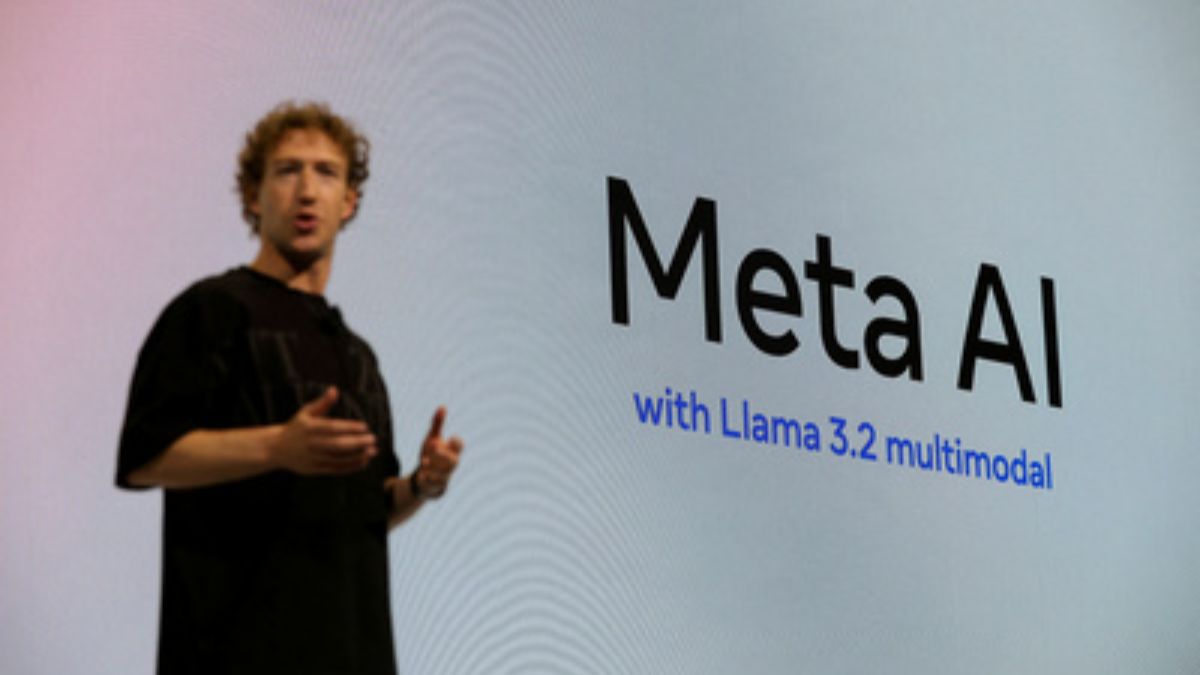AI that can reason and create like humans? Mark Zuckerberg reveals Meta's plans
 (File) Meta CEO Mark Zuckerberg makes a keynote speech during the Meta Connect annual event, at the company's headquarters in Menlo Park, California | Reuters
(File) Meta CEO Mark Zuckerberg makes a keynote speech during the Meta Connect annual event, at the company's headquarters in Menlo Park, California | Reuters
Meta is taking its biggest leap yet into artificial intelligence, with CEO Mark Zuckerberg confirming that the company will invest “hundreds of billions of dollars” over the next decade to build infrastructure that supports artificial general intelligence (AGI)—a form of AI that could one day reason and create like a human.
“We’re building multiple more titan clusters as well. Just one of these covers a significant part of the footprint of Manhattan,” Zuckerberg said in a recent post on Threads. “We have the capital from our business to do this.”
AGI, often considered the holy grail of AI, goes far beyond today’s chatbots and recommendation engines. It aims to develop systems that can learn, plan, and solve complex problems independently, across a wide range of domains.
To power this vision, Meta is building some of the largest AI data centres in the world. The company’s upcoming Prometheus supercluster is expected to go live in 2026, followed by an even larger facility, Hyperion, which may scale up to five gigawatts. These facilities will be used to train large language models and deploy next-generation AI tools across Meta’s platforms, including Instagram, Facebook and WhatsApp.
In a newly released video, Zuckerberg elaborates on the motivation behind these plans and how Meta is executing them.
Zuckerberg says the company is fast-tracking construction, even using tented data centres to bring systems online more quickly. Meta has also taken a $14.3 billion stake in Scale AI and is offering generous compensation packages to attract top-tier talent, including researchers from OpenAI and Google DeepMind.
For users, this could soon mean smarter virtual assistants, hyper-personalised content, and tools that can generate photos, videos or even full posts from a simple prompt. But it also raises questions—about privacy, energy consumption, and who gets to control these increasingly powerful technologies.
While some experts warn that AGI development may be moving faster than regulation can keep up, others believe it could help address some of humanity’s most complex challenges—if developed with care, transparency and accountability.
Zuckerberg is clear about his ambitions.
“This is a once-in-a-generation opportunity,” he said. “We’re going to keep pushing the boundaries of what’s possible, because the benefits of getting this right are enormous.”
Sci/Tech